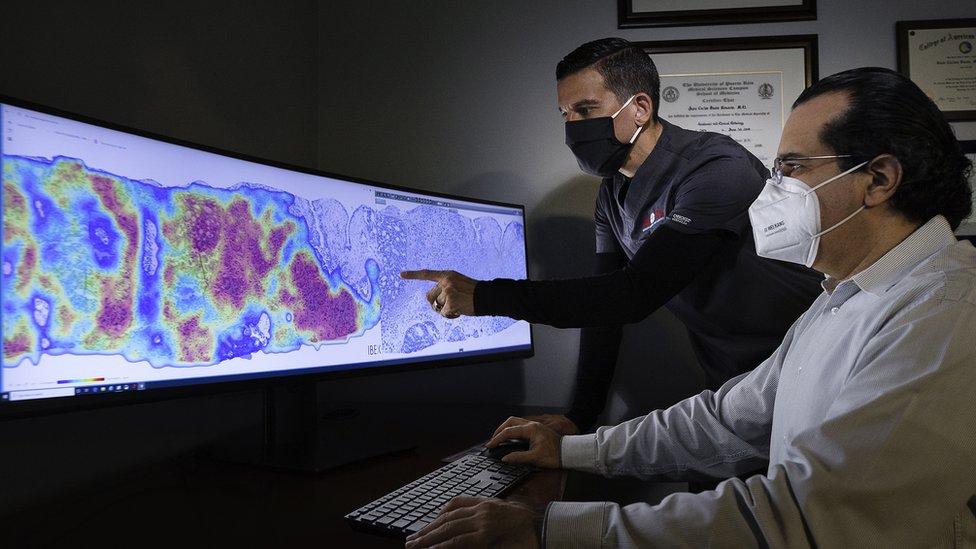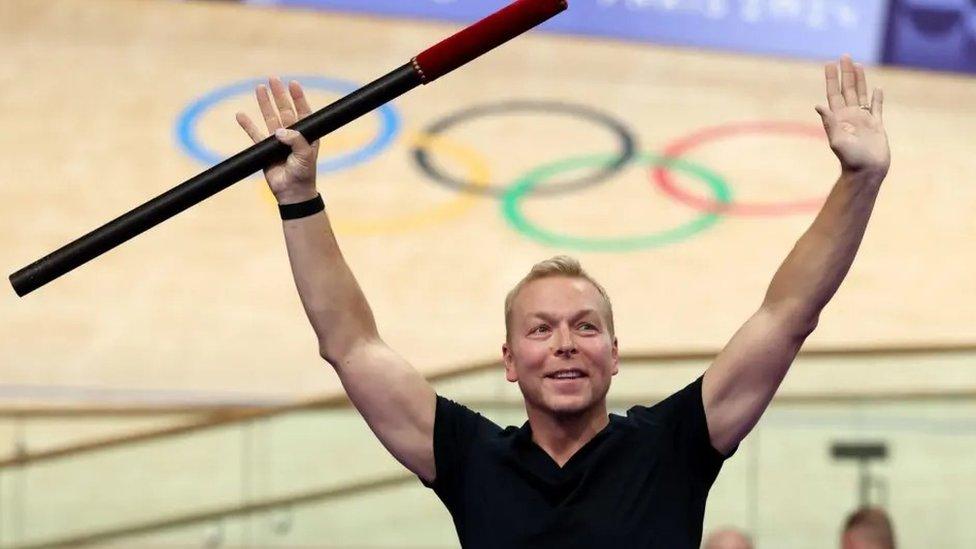Prostate cancer: Hormone drug gave me years of good health, patient says
- Published
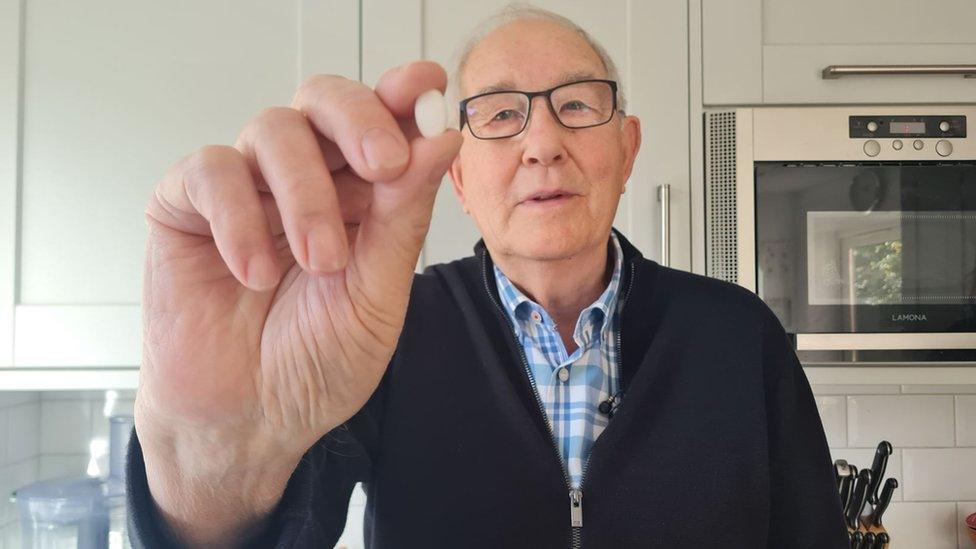
Mr Thornhill said he was "still taking the tablets and I'm pretty good"
A man with prostate cancer has said he has "enjoyed 11 years of good health" and been able to see his grandsons grow up, thanks to a clinical drugs trial.
Jim Thornhill, 81, was one of the first patients to be given hormone therapy alongside standard treatment at The Christie in Manchester more than a decade ago.
The grandfather of four, from Sale, said the drug "transformed" his life.
"I really didn't think I'd have this length of time," he said.
Mr Thornhill was on a cruise with his wife Anne in 2011 when realised he had a problem with his prostate.
On returning home, the retired engineer went straight to his GP and a biopsy showed he had stage four prostate cancer, which had spread to the lymph nodes and was not curable.
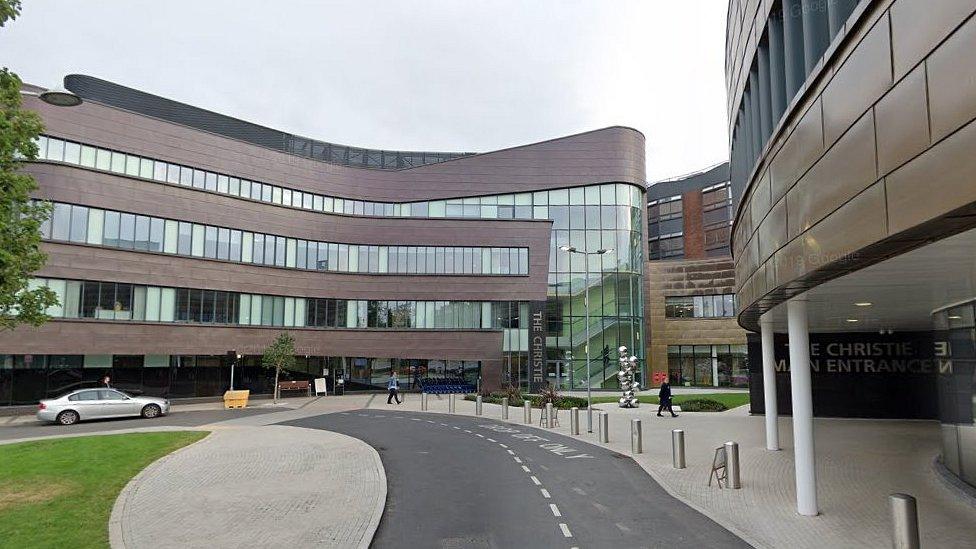
Mr Thornhill has been treated at Manchester's The Christie
"When I got the diagnosis, it wasn't looking good at all," he said, adding that his prostate was producing dangerously high levels of protein.
As a result, he was offered a place on the clinical trial at the specialist cancer hospital, which began in 2005.
It has seen patients take abiraterone, which stops the body producing the hormone testosterone, in combination with standard treatment for locally advanced prostate cancer.
Mr Thornhill said six months after starting on the new treatment, his protein level had dropped to the point where it was undetectable.
"I went on the trial not knowing how good it was going to be," he said, adding that he felt "very lucky".
"I've enjoyed 11 years of good health, thanks to the clinical trial, and seen my grandsons grow up.
"I'm still taking the tablets and I'm pretty good."
Urological surgeon Prof Noel Clarke said the combination therapy "could improve outcomes for thousands of men every year".
"Jim's cancer isn't curable, but this new treatment combination has extended his life and enabled him to continue to live his life symptom-free," he said.

What is abiraterone?
Abiraterone acetate is a type of hormone therapy for men with prostate cancer that has spread to other parts of the body and is usually only offered to men whose cancer has stopped responding to other types of hormone therapy
It works by stopping the body producing testosterone, as in most men, prostate cancer cells cannot grow without the hormone, even if they have spread to other parts of the body
It does not cure prostate cancer, but it can help keep it under control and has been shown to help some men live longer. It can also help to treat or delay symptoms, such as pain and tiredness
Source: Prostate Cancer UK, external

Why not follow BBC North West on Facebook, external, Twitter, external and Instagram, external? You can also send story ideas to northwest.newsonline@bbc.co.uk, external
Related topics
- Published31 August 2022
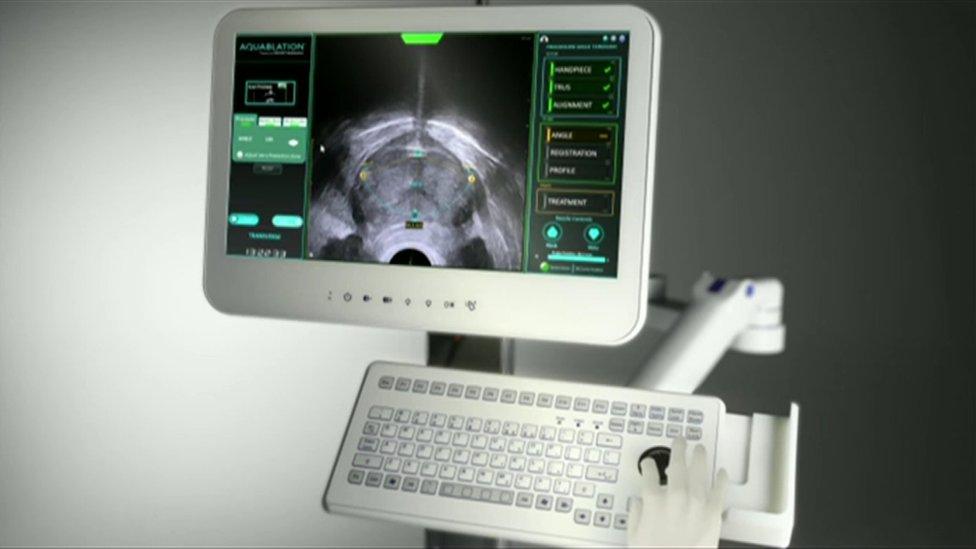
- Published31 August 2022
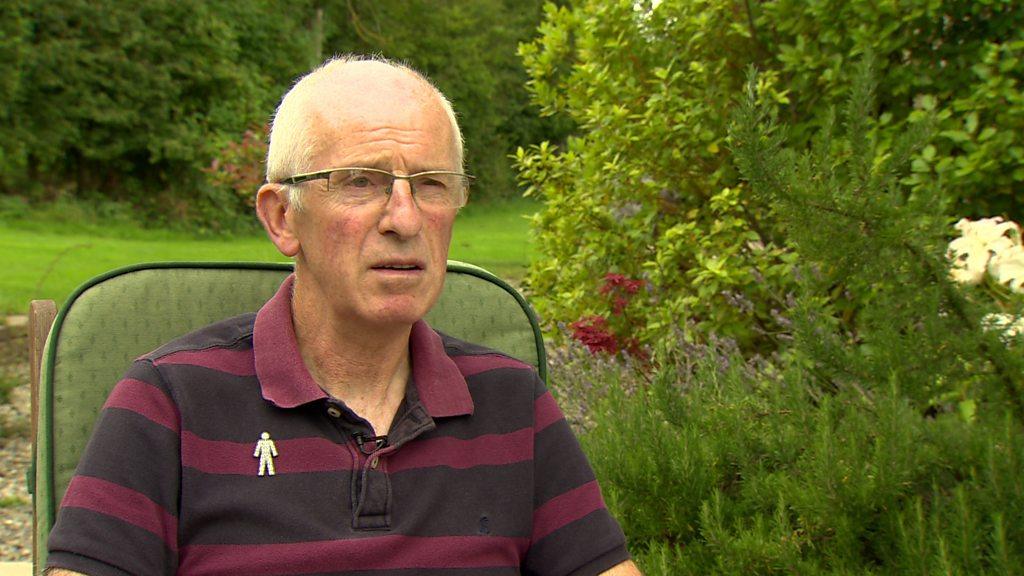
- Published29 July 2022
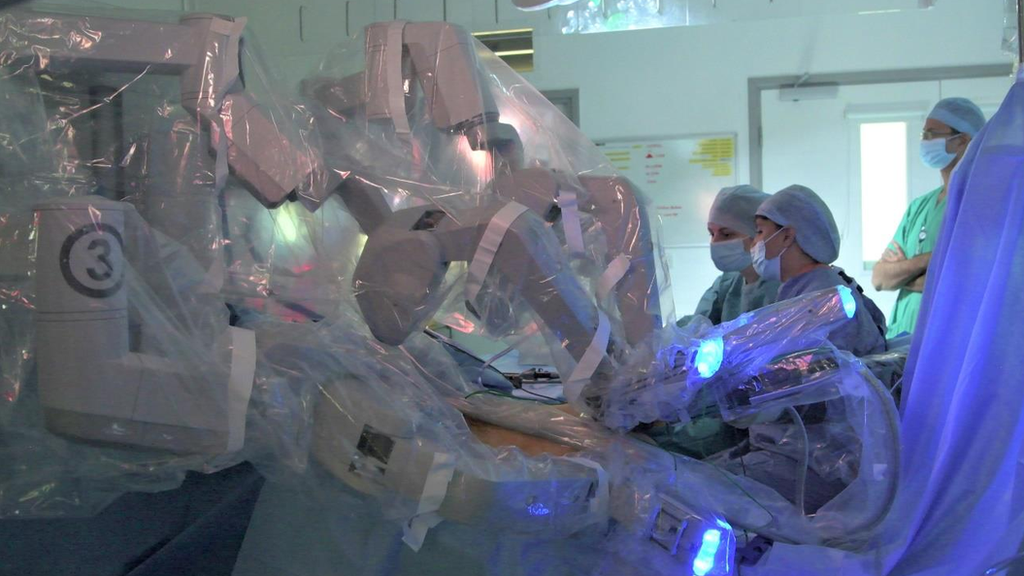
- Published20 April 2022
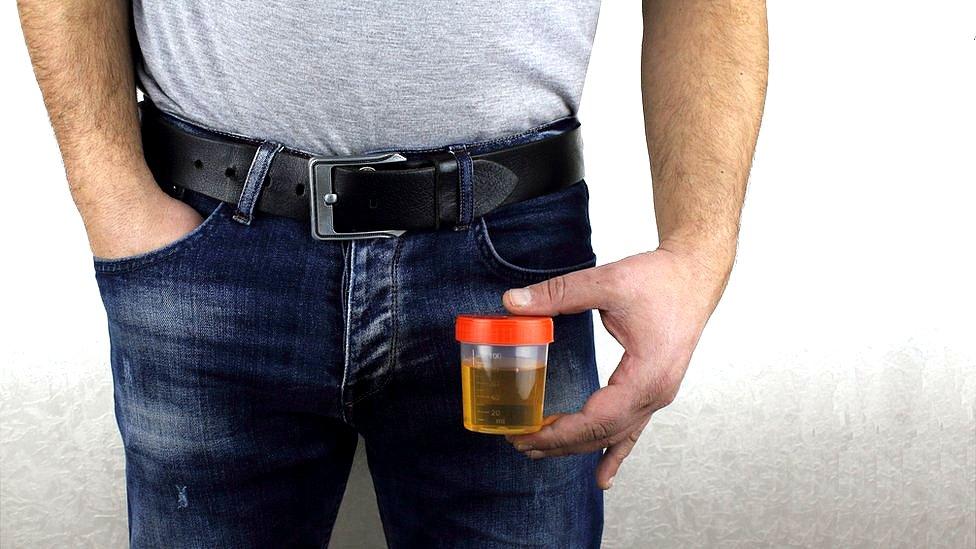
- Published2 December 2021
